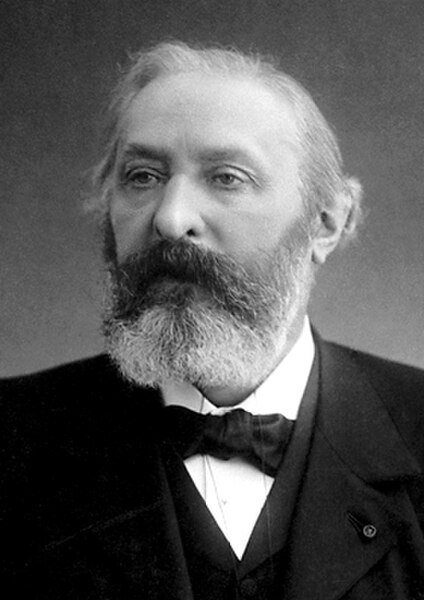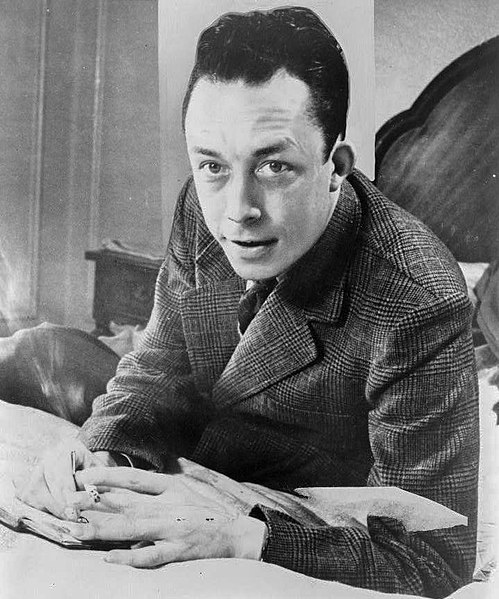Ivan Alekseyevich Bunin was the first Russian writer awarded the Nobel Prize in Literature in 1933. He was noted for the strict artistry with which he carried on the classical Russian traditions in the writing of prose and poetry. The texture of his poems and stories, sometimes referred to as "Bunin brocade", is considered to be one of the richest in the language.
Bunin, c. 1900
Alexey Nikolayevich Bunin
Bunin in 1891
Ivan Bunin with his brother Yuly
Nobel Prize in Literature
The Nobel Prize in Literature is a Swedish literature prize that is awarded annually, since 1901, to an author from any country who has, in the words of the will of Swedish industrialist Alfred Nobel, "in the field of literature, produced the most outstanding work in an idealistic direction". Though individual works are sometimes cited as being particularly noteworthy, the award is based on an author's body of work as a whole. The Swedish Academy decides who, if anyone, will receive the prize. The academy announces the name of the laureate in early October. It is one of the five Nobel Prizes established by the will of Alfred Nobel in 1895. Literature is traditionally the final award presented at the Nobel Prize ceremony. On some occasions, the award has been postponed to the following year, most recently in 2018.

In 1901, French poet and essayist Sully Prudhomme (1839–1907) was the first person to be awarded the Nobel Prize in Literature, "in special recognition of his poetic composition, which gives evidence of lofty idealism, artistic perfection, and a rare combination of the qualities of both heart and intellect."
Hemingway's telegram in 1954 (the academy has alternately used for Literature and in Literature over the years, the latter becoming the norm today)
French author Albert Camus was the first African-born writer to receive the award.







